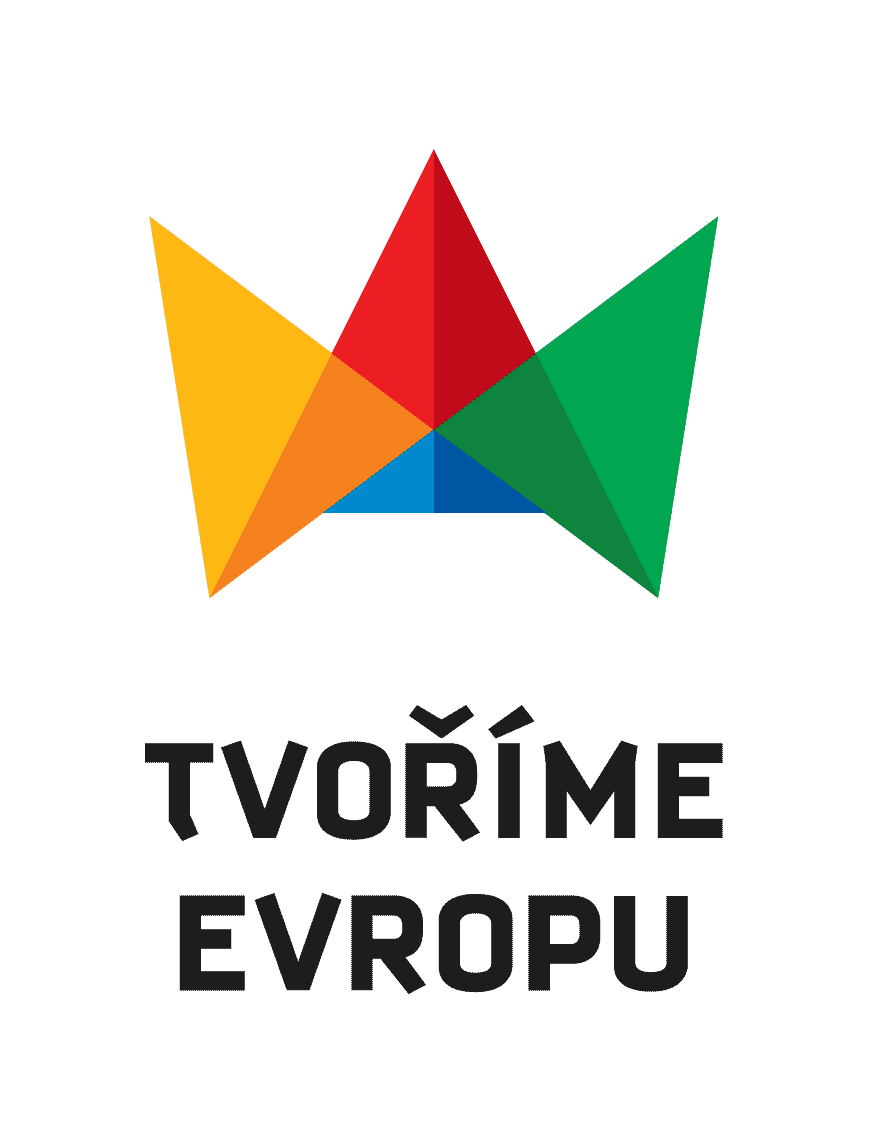23.03.2021
Office of the Government
At a meeting on 22 March 2021, Andrej Babiš’s government decided to ask the Chamber of Deputies to extend the duration of the state of emergency in the Czech Republic by 30 days, i.e. until April 27. It also agreed to extend the scope of the mandatory testing of employees to include the smallest employers with up to ten employees, self-employed persons and all non-governmental non-profit organisations, and it released funds for extraordinary remuneration for employees of public health offices and institutes of public health.
The government justifies the request to the Chamber of Deputies for a month-long extension of the state of emergency, which is due to end on 28 March 2021, by the need to keep the current anti-epidemic measures, the most important of which cannot be kept without the legal framework of the state of emergency. These measures have so far helped to stop the negative trend in the spread of Covid-19, as well as to stabilise the situation in health care facilities; however, the number of new cases and the number of severe Covid-19 patients in hospitals are declining rather slowly. Therefore, it is necessary to keep these measures active even after March 28.
One of the major government projects to help fight the pandemic is the mandatory testing of employees in companies. Therefore, the government agreed to further expand its scope to include three other categories of employers: the smallest employers with up to ten employees; self-employed persons pursuing primary activity as a self-employed person in the Czech Republic; and non-governmental non-profit organisations. All these entities will have to start testing by April 6, because after this date they would no longer be able to let an untested worker enter the workplace; in the case of self-employed persons, these would not be allowed to meet for work with third parties other than their household members.
Employees and employers are subject to the same conditions and obligations as other companies or authorities that have already begun testing. The Ministry of Health also unified the rules of self-testing for employees and the self-employed by amending another extraordinary measure. This includes, for example, the obligation to keep records of testing or to report any positive test to the occupational or attending general practitioner.
The government also addressed the extraordinary remuneration for employees of public health offices, the National Institute of Public Health, the Institute of Public Health in Ústí nad Labem and the Institute of Public Health in Ostrava. Each employee will be paid CZK 30,000 gross for extraordinary efforts related to the Covid-19 epidemic. In addition, the government has allocated additional funding for these organisations to cover the increased wage costs incurred by public health offices and institutes of public health due to the need to recruit temporary workers through agreements to complete a job or agreements to perform work, as well as to cover the pay of crucial regional intensive care coordinators. The government will take more than CZK 184 million from the government budget reserve and almost CZK 25 million will be used by the Ministry of Health from unused expenditures.
The government also dealt with the problem of ensuring sufficient supplies of medical oxygen for medical facilities. Consumption of medical oxygen in medical facilities, but also in emergency medical service providers, has increased dramatically due to the large number of severe Covid-19 patients. Therefore, on the basis of the crisis act, the government ordered four Czech suppliers to prioritise medical oxygen supplies to providers of emergency medical services and providers of acute inpatient care.
The government has also addressed several legislative proposals. It approved a draft amendment to the Act on General Health Insurance Premiums, which regulates the creation of prevention funds for health insurance companies so as to ensure sufficient financial resources to cover the preventive antigen tests used by employers. In addition, following the decision of the Minister of Finance to postpone by one month the deadline for submission of the 2020 income tax returns, the proposal also contains an analogous postponement of the deadline for submitting a statement on income and expenses for health insurance calculations, as well as the deadline for paying any arrears.
It also approved a draft amendment to the Act on Excise Duties and the Value Added Tax Act, which transposes amendments to European regulations in the field of excise duty on alcohol and alcoholic beverages into Czech legislation; the government also discussed a parliamentary draft amendment to the Labour Code, on which the government took a dissenting opinion.
Useful information
- Hotline
Ministry of Transport
+420 225 131 820Ministry of Industry nad Trade
+420 224 854 444Ministry of Foreign Affairs
+420 224 183 200Ministry of Interior (borders, security)
+420 739 608 533Ministry of Education, Youth and Sports
+420 778 725 602 - Current information on Covid-19 caused by the Chinese coronavirus on the website of the Ministry of Health – information for citizens and healthcare workers, current data.
- Entry into the territory of the Czech Republic
- The European coronavirus response team
Autor: Office of the Government

